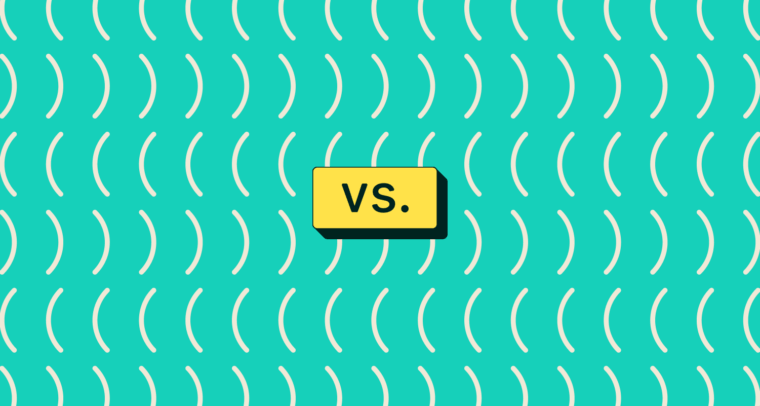Most of what you need to remember about disk and disc is the following: disk is the preferred spelling in American English, and it’s also the spelling used for computer-related objects, such as a hard disk. Disc is the preferred spelling in British English, and it’s also the spelling used for devices carrying sound.
What do disks and discs have in common?
Let’s start with what both spellings have in common. “Disc” and “disk” refer to the same basic shape: it’s circular and flat, sort of like a plate or a CD. In that sense, disk and disc are just alternate spellings of the same word. The pronunciation doesn’t change from one spelling to the other, and they share the same root—the Latin word discus—which itself has roots in the Greek word diskos, derived from dikein, which means “to throw,” and showcases the Ancient Greeks’ proclivity for discus throwing.
What makes disk special?
While it shares its meaning with disc, disk is the generally preferred spelling in American English:
Turn dough out onto a lightly floured work surface and shape into a 1-inch-thick disk.
—The Wall Street Journal
It’s also standard when talking about computer components such as hard disks or floppy disks (remember those?).
It points out that full disk encryption (FDE) doesn’t protect you against malicious websites and viruses, nor does it stop internet surveillance.
—The Guardian
The AMA recommends disk when talking about anatomical terms, except in ophthalmology, where it advises the use of disc:
He had an operation in 2008 to remove a kidney and another in 2009 to repair a herniated disk in his back.
—The Daily Mail
What makes disc special?
Disc is the preferred spelling of the word in British English:
In scenes not unlike the Independence Day franchise about alien invasions of Earth, videos have apparently shown a gigantic disc-shaped cloud over the skies in Cartagena, Colombia, South America.
—The Daily Express
When you want to talk about disks in the sense of sound carriers, be they phonograph records or compact discs, the preferred spelling is also disc:
But it’s funny, because though my son has apparently never seen a compact disc, he’s very into records.
—The Washington Post
The title “disc jockey” (usually abbreviated to DJ) also features the spelling variant containing the “c”:
His signature line was a self-deprecating one: “America’s most adequate swinging disc jockey.”
—The New York Times
When discs are a part of agricultural equipment, they are also spelled with a “c”:
Discs are among the most significant advances. Heavier implements moving at higher speeds required better discs that kept their edge longer.
—The Western Producer
The spelling with a “c” is also preferred in all disc-shaped things related to the eye and ophthalmology:
The spot where your optic nerve connects to your retina is your optic disc. There are no photoreceptor cells on the disc, so when an image hits it, you can’t see it.
—Adweek






